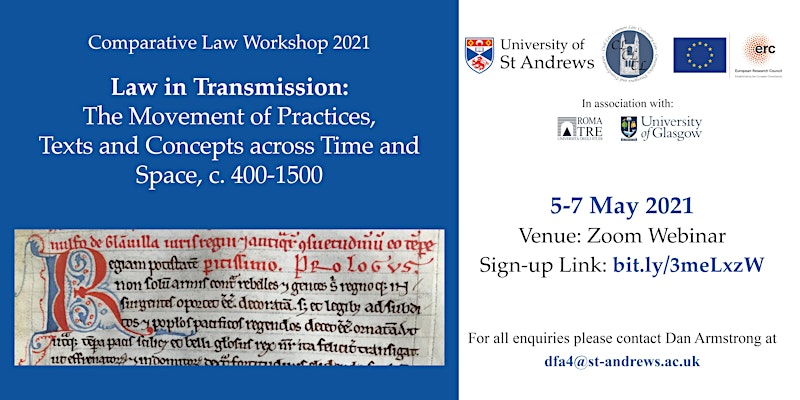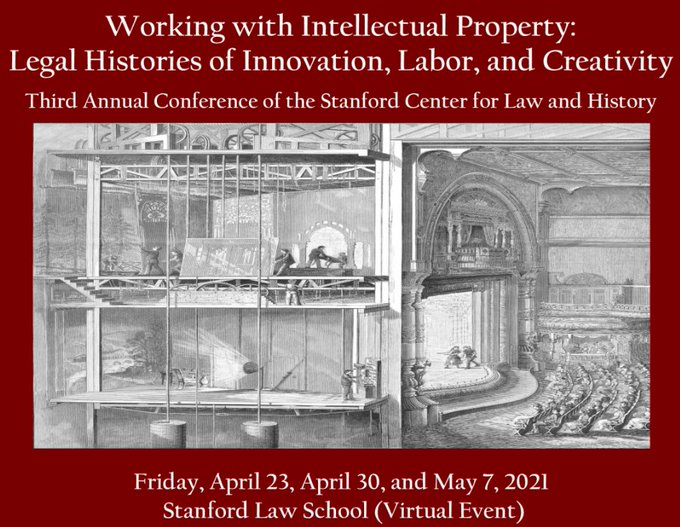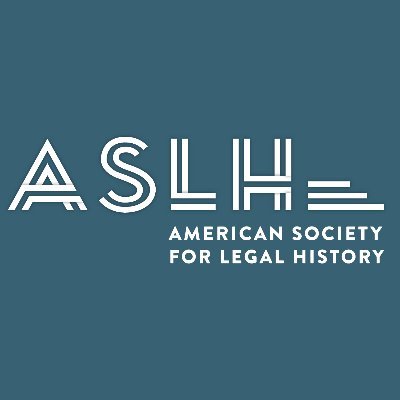In this series, Samuel Fury Childs Daly looks at four legal documents (broadly construed) from Nigeria during its long period of military rule. This is the fourth of four.
In 1977, the Nigerian military raided the home of Fela Anikulapo Kuti, the famous Afrobeat musician. Over a hundred people were injured, his mother was tossed from a window, and the building was burned to the ground. Caving to public pressure, Nigeria’s military government staged a commission of inquiry into the raid. Over the course of several weeks, the commissioners heard not only from Fela, as he was known, but from nearly two hundred of his friends, neighbors, and enemies. The commission’s records run to over a thousand pages, which are full of details about his life and times. There are inventories of the personal effects of his band members, records of his financial dealings, and testaments by his friends, lovers, and rivals. Since Fela is one of Africa’s most celebrated (and complicated) artistic figures, his thick legal record at the Lagos State Research and Archives Board is an important resource for cultural historians as well as for those interested in law.
Fela’s life captures many of the tensions and contradictions of Nigeria under military rule. His politics were hard to pin down. "[His] political programme, to the extent that he had one, was perpetually under construction," recalled his friend John Howe. "His political judgment was usually hasty, often flawed, sometimes perverse (for example his initial approval of Idi Amin’s antics on the ground that if the Western media were against the Ugandan despot he couldn’t be all bad); but his political prejudices - pro-African, pro-underdog, anti-pomp and anti-injustice – were generally sound." He abhorred military rule and colonialism, but he also scorned the civilian politicians of the Nigerian First Republic. He venerated "African tradition," but the practices that he called "traditional" were heterodox and creative, and they were not wedded to any particular place. Most would have been unrecognizable to the chiefs who wielded customary power in Nigeria. His biggest supporters were members of an urban, university-educated left who, like Fela himself, came from the upper strata of colonial society, but were moved by the rebellious spirits of the time – Black Consciousness and post-1968 counterculture most prominently. Although people of all walks of life came to his concerts, the people who shared his politics constituted a much smaller slice of Nigerian society. Fela stood on just about every fault line one could find in Nigerian society, and many of them run through the commission’s records.
"I am the star of this show," he began his testimony when it was his turn to take the stand. "Everybody who comes here must mention Fela’s name, Fela’s house and about Fela’s house being burnt. So, it is important for you to hear me a little bit deeper." The commission of inquiry was a performance - underscored by the fact that it was held at the National Theatre - but Fela was not the only one on stage. The commissioners were performing too, and they addressed both the Nigerian public and a wider international audience. Fela had devotees across Africa and the African diaspora, and his fans in Europe and North America (of whom he had more with every passing month) paid close attention to how the authorities treated him. His fame was wide enough that the military feared the raid might reflect poorly on Nigeria abroad. Head of state General Olusegun Obasanjo convened the inquiry to perform his government’s accountability, while also making sure that "justice" was rendered on his terms. Obasanjo was not the first of Nigeria’s leaders to find inquiry useful as a judicial tool, nor would he be the last.
Commissions like the Fela Kuti inquiry were very effective - not at dispensing justice, necessarily, but at simulating it. They were an imitation of law, with judges and pomp, but no standard procedure. Commissions allowed people to vent their frustrations, put those frustrations in print to be handed back to the public, and then closed the matter. Even if a commission of inquiry found evidence of wrongdoing, like the actions of the soldiers who burned down Fela's house, it did not have a mandate to change anything. Its conclusions were advisory, and they could easily be ignored. Colonial commissions of inquiry had worked in much the same way, and they continued to serve an administrative purpose in many authoritarian states. They were a pressure valve, facilitating public displays of accountability that in no way threatened the order of things. This was a truth known to both of 20th century Nigeria’s varieties of despot - colonial governors on the one hand, and military administrators on the other.
The records of the commission of inquiry are held, in incomplete form, at the Lagos State Research and Archives Board (LASRAB) in Lagos.
This ends my month as a guest blogger. Thank you for reading, and many thanks to the Legal History Blog's fantastic editorial team for inviting me to contribute. If you're interested in the larger story behind the documents I've discussed this month, some of them will feature in the book I'm currently writing, provisionally entitled Soldier's Paradise: Military Rule in Nigeria.


















